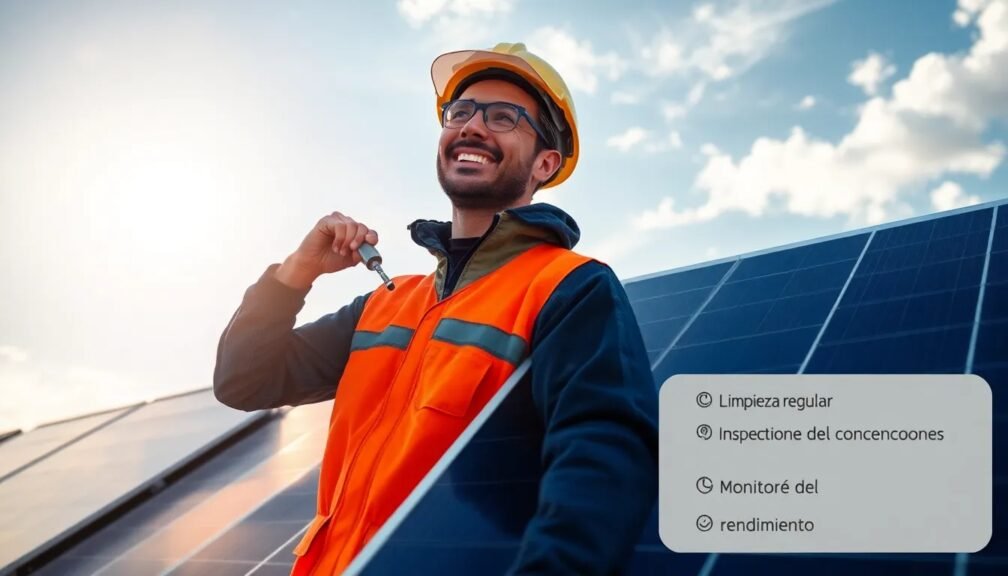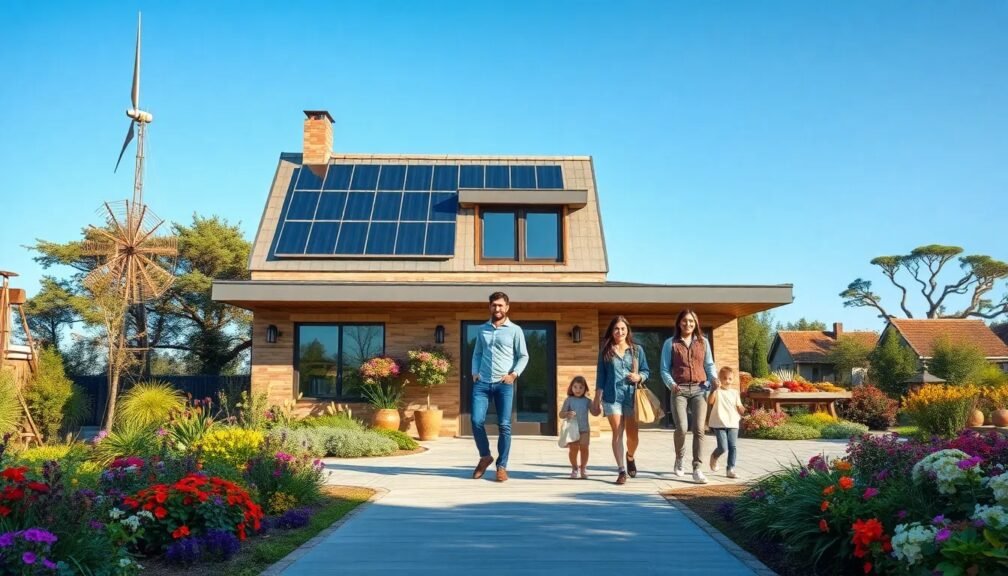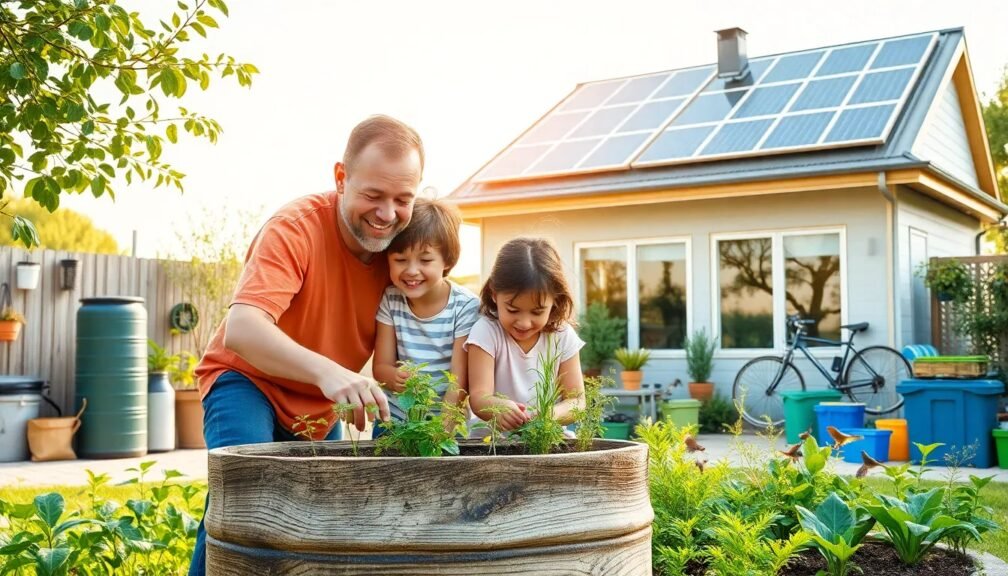In today’s world, where energy costs are continually on the rise and environmental concerns are mounting, embracing energy efficiency is more crucial than ever. Homeowners looking to reduce their energy bills and lessen their carbon footprint can benefit immensely from improvements in energy efficiency. This article outlines practical tips that not only help save money but also promote sustainable living. Let’s delve into the world of energy efficiency and discover how homeowners can make impactful changes.
Why Focus on Energy Efficiency?
Energy efficiency refers to using less energy to perform the same task or achieve the same level of comfort. This not only reduces your energy bills but also lessens the strain on natural resources. In fact, a home that utilizes energy efficiently can lower greenhouse gas emissions while enhancing comfort and prolonging the lifespan of appliances and systems.
Understanding Your Home’s Energy Use
The first step toward enhancing your home’s energy efficiency is to understand where and how energy is being consumed. Conducting an energy audit can help identify specific areas that are energy-intensive. Many utility companies offer free energy audits or can recommend professionals who can assess your home’s energy performance.
DIY Energy Audit
If you prefer to do it yourself, here are some steps for a basic energy audit:
- Check Insulation Levels: Inspect your attic, walls, and floors to ensure adequate insulation.
- Seal Leaks: Use thermal imaging cameras or simply feel for drafts around windows and doors.
- Examine Appliances: Note the age, condition, and energy rating of household appliances.
- Lighting Assessment: Examine all the types of bulbs used, focusing on their energy efficiency ratings.
Upgrade Appliances
Old appliances can consume significantly more energy than modern, energy-efficient models. Consider upgrading to ENERGY STAR-rated appliances, which use less electricity and water. For example:
- Refrigerators: Newer models use advanced technology that can reduce energy use by 15% compared to those manufactured before 2014.
- Washing Machines: ENERGY STAR models use about 25% less energy and 33% less water than standard washers.
Smart Appliances
Investing in smart appliances that can be programmed or remotely controlled can also enhance energy efficiency. These appliances optimize energy use based on your habits and real-time energy costs, leading to further savings.
Improve Home Insulation
Proper insulation is a cornerstone of energy efficiency. It keeps your home warm during winter and cool in summer, reducing the need for heating and cooling systems.
Tips for Insulating Your Home
- Attic Insulation: Ensure your attic is well-insulated. This is often the largest source of heat loss in homes.
- Wall Insulation: Consider blown-in insulation for older homes, which may lack sufficient wall insulation.
- Windows and Doors: Use weather stripping and caulking to seal gaps. Double-glazing windows also minimize heat loss.
Heating and Cooling Efficiency
Heating and cooling systems often consume the most energy in a household. Enhancing their efficiency can lead to considerable savings.
Regular Maintenance
- Replace Filters: Change your HVAC filters regularly to maximize airflow and efficiency.
- Seasonal Maintenance: Schedule annual professional maintenance for both heating and cooling systems.
Programmable Thermostats
Installing a programmable or smart thermostat allows homeowners to set temperatures according to their schedules. For instance, lowering the thermostat while away from home can lead to significant energy savings.
Optimize Water Heating
Water heating can account for up to 20% of a home’s energy consumption. Fortunately, there are numerous ways to improve water heating efficiency.
Tankless Water Heaters
Consider switching to a tankless water heater, which heats water on demand instead of storing it. This can significantly reduce energy consumption.
Insulate Hot Water Tanks and Pipes
Insulating your hot water tank and pipes can prevent heat loss, keeping water at the desired temperature longer and leading to energy savings.
Energy-Efficient Lighting Solutions
Lighting is another crucial aspect of home energy efficiency. Transitioning to energy-efficient lighting options can drastically reduce monthly utility bills.
LED Lights
LED bulbs use at least 75% less energy than incandescent bulbs and last up to 25 times longer. While they may cost more upfront, the long-term savings are substantial.
Explore Renewable Energy Options
For homeowners looking to take energy efficiency a step further, considering renewable energy sources like solar panels can be a game-changer.
Solar Panels
Investing in solar panels can drastically reduce dependence on traditional energy sources. Many states offer incentives and tax credits for solar installations, making it an even more attractive option.
Solar Water Heating
Solar water heating systems can provide significant energy savings for water heating needs. These systems use solar panels to heat your home’s water supply, reducing reliance on conventional water heaters.
Engage Your Family in Conservation
Promoting a culture of energy conservation at home is vital. Educating family members about energy efficiency can lead to lasting habits that save money.
Tips for Family Involvement
- Energy Tracking: Involve your family in tracking monthly energy bills to raise awareness about usage.
- Usage Guidelines: Set guidelines for turning off lights and unplugging devices that are not in use.
Conclusion: Take Action for Energy Efficiency
Improving energy efficiency in your home not only supports the environment but also delivers substantial savings on energy costs. From upgrading appliances and enhancing insulation to incorporating renewable energy sources, homeowners have a variety of options available.
Actionable Steps to Get Started
- Conduct an energy audit of your home to identify inefficiencies.
- Upgrade to ENERGY STAR appliances and switch to LED bulbs.
- Improve insulation and sealing around windows and doors.
- Schedule regular maintenance for HVAC systems.
- Consult with professionals about solar energy possibilities for your home.
Embracing energy efficiency is a journey that promises both short-term and long-term benefits. By implementing these tips, homeowners can make their homes more comfortable, contribute to environmental sustainability, and keep their energy bills in check. The time to act is now—let’s save big through energy efficiency!



